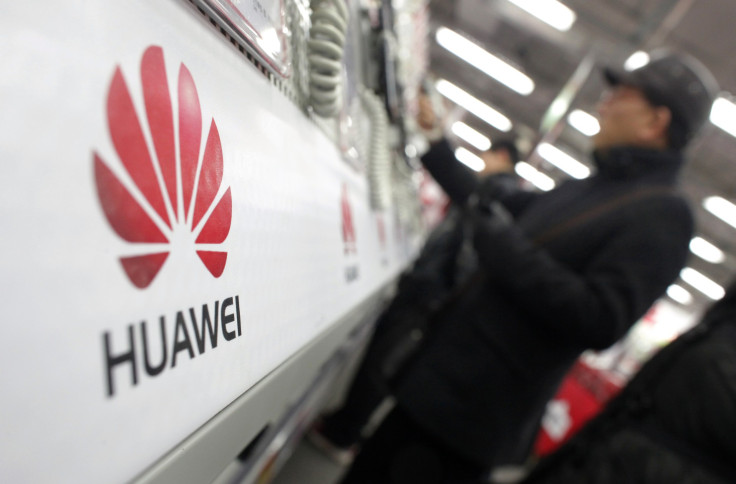Huawei Says Its Growth Will Not Be Affected By Snowden's Revelation Of NSA Spying On Its Servers

Huawei Technologies Co Ltd (SHE:002502) said Wednesday that its growth will not suffer just because its name was closely involved in an expose by National Security Agency, or NSA, whistleblower Edward Snowden.
The Chinese telecom company’s response follows news reports about documents revealed by Snowden stating that the NSA procured sensitive data from the company's headquarters in Shenzhen under operation “Shotgiant.” According to the documents, the NSA monitored company communications to check for links between Huawei executives and the People’s Liberation Army. Huawei, which has been pursued for long by U.S. lawmakers claiming that the company is involved in state espionage, said that its future growth will not be affected by the accusations, and added that it is still investigating the reports.
“On the NSA ... it does not have a big impact on business growth," Eric Xu, Huawei's executive vice president and one of its rotating CEOs, said Wednesday at a conference in Shenzhen, according to Reuters, adding: "But it has an impact on workloads, in communicating with and persuading current industry stakeholders (that products are secure), and that's more tiresome."
Huawei’s executives have been struggling to reassure their customers concerned about the safety of the company's products, the Financial Times reported, citing a source close to Huawei. “Now that this is out there, you have a whole other issue to deal with and that is that all equipment providers do their business this way, and they all have to think about their entire supply chain, and so do we.”
Xu expects the company's global service business to grow at 17 percent in 2014, according to Reuters, while revenues from Huawei’s enterprise segment are expected to touch $10 billion in five years, up from $2.45 billion in 2013. However, Xu expects the carrier business to shrink to as low as 50 percent of total revenues in 2018 from nearly 70 percent last year, Reuters reported.
© Copyright IBTimes 2024. All rights reserved.












